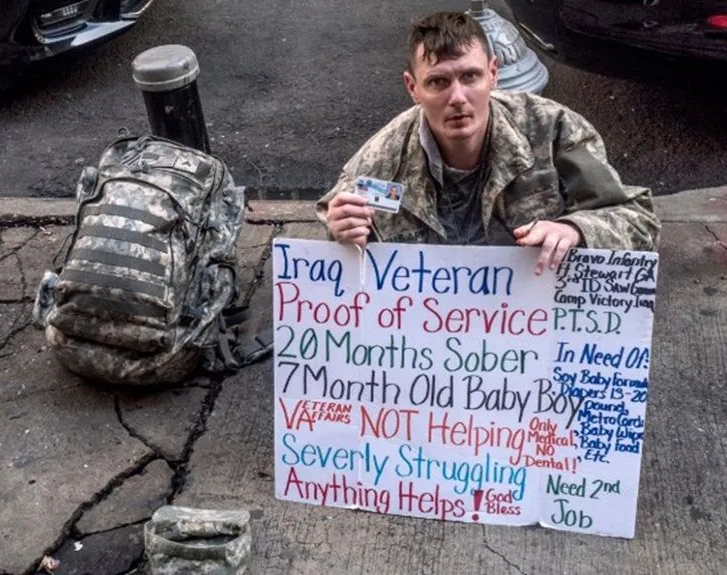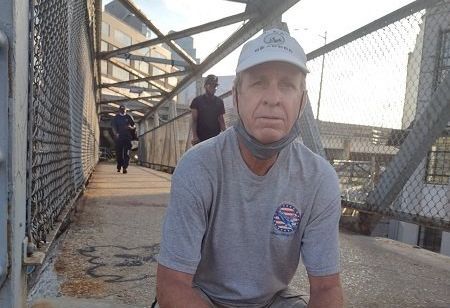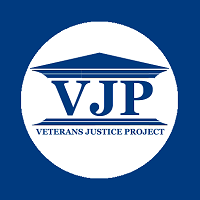Russell Midori
Military Veterans in Journalism

Be the Story-Russell Midori
Timothy Pena was approached in early 2022 by Let's Rethink This founder Jerry Ashton to join his team as part of a Veterans Affairs $20 Million Challenge named Mission Daybreak to reduce Veteran suicide. Tim has joined with Mr. Ashton in composing a model for Veteran Suicide Prevention based on a program that includes a heavy emphasis on outreach to veterans experiencing homelessness as a starting point to identify at-risk veterans and help them avoid possible justice involvement.
At first meeting of Military Veterans in Journalism Founder Russell Midori , it is easy to understand how he is the driving force of such a prolific journalistic organization. MVJ was founded in 2019 by Russell, a Marine veteran and Navy veteran Zack Baddorf, and is a professional association that builds community for vets, supports their career growth, and advocates for diversifying newsrooms through hiring and promoting more vets. While about 7 percent of Americans have served in the armed forces, only 2 percent of media workers are military veterans, according to U.S. Census data.
I had been introduced to Russell by Jerry Ashton of Let's Rethink This over lunch with filmmaker Patrick de Warren who is filming a documentary on at-risk veterans and suicide prevention. During the ensuing weeks I spoke with Russell several times, but it wasn’t until I attended the conference held in Washington DC was it clear that I too might be included in such a prolific journalism group of veterans from all over the country and from all backgrounds with a common goal: to promote and support veterans in journalism.
I’ve never thought of myself as a journalist; certainly not in the realm as we see correspondents and reporters on our television screens and in our newspapers everyday-but being in such supportive company made me realize that a formal background in journalism isn’t as important as having the real-world experience that veterans bring to the discussion in any newsroom. I was struck by the number of veterans who simply like to write, as I do, about our experiences in the military and how those experiences apply to everyday reporting.
As a new addition to New York City and the Manhattan VA, I have been writing about my experiences with the city shelter services, VA regional and the medical center, and the various agencies and organizations that lead a veteran experiencing homelessness into a safe space they can call their own regardless of whatever city they want to transition from Homeless to Homeness. This process I am experiencing lends information and guidance to the veteran who might be sitting on the fence of suicide and strives to provide HOPE to that veteran that suicide is not the answer to unhappiness and that they can find happiness in a new environment, a new city, or even a new country. In short, do whatever it takes to avoid the rabbit hole of suicide.
As a new member of Military Veterans in Journalism, I now feel empowered. I feel empowered to write about not only my experiences from the military, but also to journal my experiences in such a way to tell a story to the reader that breaks down the barriers I have created to prevent me from opening up about my personal struggles with homelessness, PTSD, and suicide ideation. For me, that means opening the door to the painful sexual molestation I suffered for years and what has resulted in being infected with HIV. It is hoped that any other veterans who might be reading this find the courage to put pen to paper and tell their story. They have a reader with me and hopefully many others as well.








